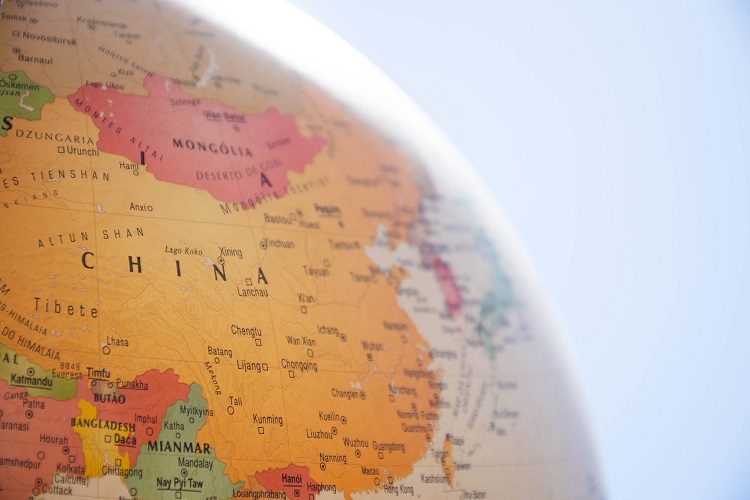
The China Syndrome
8/21/2023
A popular ploy in the playbook of politicians is taking credit for success that has nothing to do with them while blaming others when things go wrong. In a democracy, this can be addressed simply by voting the blowhards out of power. That is not true in a centrally controlled country, especially if there is a powerful ‘supreme leader.’
Experts long forecasted that the economy of China will grow to exceed that of the USA. These experts were even able to predict the year when this would happen. Some academics went further and coined the 21st century the ‘Chinese Century.’ Almost a quarter into those 100 years, these predictions look shaky.
There has been much recent publicity on the travails of the Chinese economy. The real estate markets are weak, with major defaults either in train or expected. The declining, and aging, of the Chinese population makes the outlet look bleak. Unlike the USA, China does not benefit from a steady stream of energetic immigrants.
One major factor, which seems to be downplayed, or even often ignored, is the reality that China is not a market economy. The county is centrally controlled, and the central controllers have all the apparatus needed to tighten flexibility right down to the level of the individual. In other words, there is no rule of law as we understand it. Any entrepreneur must factor into their assessment of business risk the possibility that government might restrict or even destroy their business activities.
From the 1990s-the 2010s, central power was generally applied in a modest way. Not surprisingly, China grew substantially. Under President XI, however, and especially during the pandemic, things have changed. Suddenly the application of central controls is very strict. In addition, Chinese leadership seems to adhere to the belief that they have the magic ‘levers’ to turn economic activity up or down at their whim. Maybe they are correct, but previous experience across the world supports the idea that governments cannot generate sustainable economic growth in the absence of a healthy private sector.
There is even a reasonable case that much of the Chinese growth over the last 20 years or so has been driven by unsustainable government initiatives, particularly capital spending on ‘infrastructure.’ That seemed to work for a while, but eventually, the reality that government cannot anticipate the true demand of its population comes to the fore. There are many stories of foolish investments by Chinese bureaucrats. Two of my favorites are the current plans to build an enormous Covid-19 quarantine facility and a high-speed railway built at great expense that nobody wants to use. Of course, the Chinese do not have a monopoly on the latter mistake.
Time will tell whether President Xi’s fierce self-confidence will prove to be justified. The prediction of this non-expert though is that the Chinese economy will only achieve its full potential if the central controllers are willing to step back and let their people make decisions at a local level.
Richard Rushton
